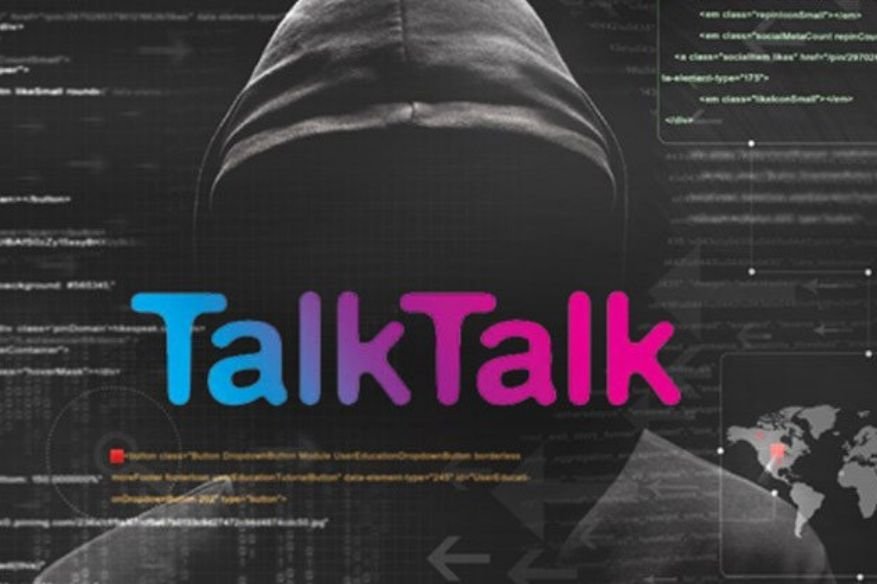TalkTalk hacker Locked Up For Four Years

In December 2016, this teenager, Daniel Kelley, was warned that he will be detained for his involvement in hacking millions of pounds of TalkTalk data. Having said that Kelley
As a student, he participated in a massive £ 77m TalkTalk mobile network hack has been jailed for four years.
Daniel Kelley, 22, from South Wales, appeared before the Old Bailey in May after pleading guilty to 11 hacking-related crimes.
In the previous court, he said that he was motivated by “revenge” after being fired from a computer course at the university. Failing to obtain the necessary GCSE grades, he took up “black hat” hacking, and joined a group of cybercriminals who committed the data breach in October 2015.
They targeted large and small businesses, as far away as Canada and Australia, and tried to ransom the bosses. These include intentional hacking, six counts of blackmail, the promotion of hacking, the offer to provide data about fraud and the possession of objects for fraud.
Prosecutor Peter Ratliff described Kelley as a “prolific, skilled and cynical cyber-criminal ” who was willing to “bully, intimidate, and then ruin his chosen victims from a perceived position of anonymity and safety – behind the screen of a computer”.
Although he remained largely anonymous online, his crimes were revealed as fragments extracted from online chat logs, Bitcoin accounts and downloaded documents, according to the court. Mr Ratliff said Kelley had been “utterly ruthless”.
Kelley hacked TalkTalk and blackmailed Baroness Harding of Winscombe and five other Bitcoin executives, according to the court.
Confidential and sensitive information had been stolen in the hack – armed with personal and credit card details of the company’s clients – Kelly would threaten the company with the public release of the material, knowing and exploiting the fact that the release would ruin the company concerned,” said Mr Ratliff.
His activities resulted in, TalkTalk to lose tens of millions of pounds, while the small businesses have been forced to spend thousands of pounds to mitigate the damage.
The defendant, who suffers from Asperger syndrome and depression, received only £ 4,400 worth of Bitcoin for blackmail attempts and demanded more than £ 115,000.
The prosecutor said: “It is clear from the content of the emails that the defendant sent that he derived enjoyment and excitement from the power he wielded over those he sought to intimidate.”
How he did it?
Kelley mostly relied on an anonymous browser network known as the “Onion Router” and also hid his IP address, making it difficult to identify his criminal activities.
However, after careful examination of the evidence hidden in his digital devices such as chat logs and Bitcoin accounts, the CPS was able to prove his culpability. Other files on his computer contain thousands of credit card numbers and the holder’s detail. The authorities also recovered software and other tools that support or enable hacking, including SQL tools that allow for a quick analysis of the entire Internet.
Hiding behind the anonymity, Kelley believed he could go undetected and continue to target companies around the world whom he considered vulnerable to cyber attacks. Finally the law caught up with him yesterday.
Related Resources:
TalkTalk’s Databreach Made Secret, Exposed In A Google Search